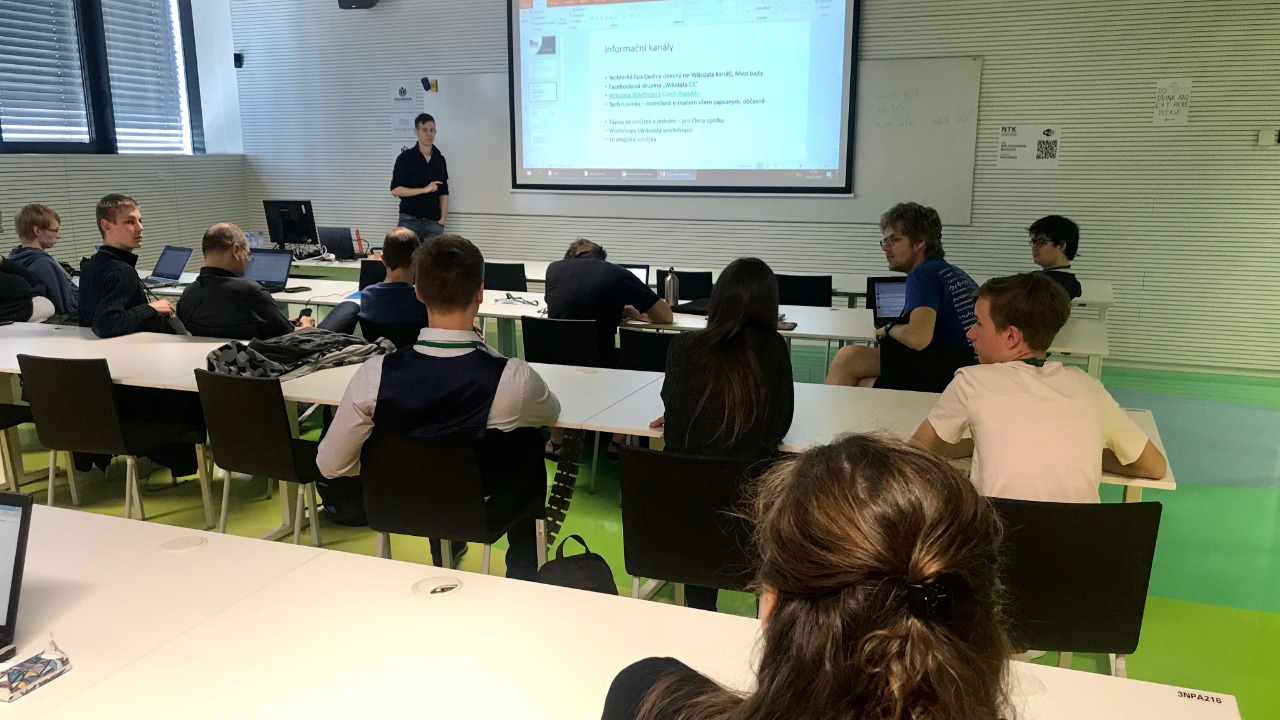
The rapid advancements in artificial intelligence (AI) have significantly influenced the tech industry, reshaping job markets and altering the demand for specific skills. As AI technologies continue to evolve, they present both challenges and opportunities for employment within the sector. The multifaceted impact of AI on job markets in tech provides insights into the current landscape and future implications.
Automation and Job Displacement

Increased Automation
AI-driven automation is revolutionizing the way routine tasks are handled in the tech industry. Processes that involve repetitive actions, such as data entry, system monitoring, and basic technical support, are increasingly being automated. This shift is leading to job displacement in certain tech areas, especially those that involve predictable and rule-based tasks. For instance, roles like data entry clerks and quality assurance testers are particularly vulnerable to being automated, as AI can perform these functions with greater speed and accuracy.
The employment shift caused by automation is not limited to these roles alone. Even more complex tasks, such as code analysis, are seeing AI interventions in the form of smart debugging tools and automated code reviews. Companies are increasingly adopting AI solutions to streamline operations and reduce costs, which inevitably leads to a reduction in the need for certain human roles. However, this doesn’t necessarily spell doom for tech professionals, as it opens up avenues for more strategic and creative roles that AI cannot easily replicate.
White-Collar Impact
The influence of AI is expanding into white-collar jobs within the tech industry. Tasks traditionally performed by humans in roles like software testing and technical support are now being augmented or even replaced by AI systems. A recent study highlighted the potential for AI to automate numerous functions within these roles, projecting significant changes in employment dynamics over the next decade.
Projections regarding the future of white-collar positions indicate a need for professionals to adapt to a changing landscape. While many fear potential job losses, the reality could involve a transformation in job functions rather than outright elimination. The focus is shifting towards roles that require a human touch, such as strategic decision-making and creative problem-solving, areas where AI is still limited. As AI continues to evolve, the tech workforce must prepare for a hybrid model of human-AI collaboration.
Creation of New Job Opportunities

Emerging Roles
While AI is displacing certain jobs, it is also creating new roles that did not exist a decade ago. Emerging job categories such as AI ethics experts, data scientists, and machine learning engineers are becoming essential in the modern tech landscape. These roles require a deep understanding of both AI technologies and the ethical considerations surrounding their application. For example, AI ethics experts are crucial in ensuring that AI systems operate fairly and without bias.
The skills required for these emerging roles are diverse, ranging from programming and data analysis to ethical reasoning and strategic planning. As demand for these skills grows, tech professionals have the opportunity to transition into these new areas, offering potential for career growth and development. The rise of AI-centric job roles highlights the need for continuous learning and adaptation in the tech industry.
AI in Startups
AI is fueling the growth of a new wave of tech startups focused on innovative AI solutions. These startups are creating diverse job opportunities by leveraging AI to develop products and services that were previously unimaginable. Companies like OpenAI and DeepMind have shown how AI can be the cornerstone of successful startup ventures, leading to the creation of numerous specialist roles within these organizations.
Not only are these startups thriving, but they are also contributing to the broader tech ecosystem by pushing the boundaries of what AI can achieve. The emergence of AI-driven startups is a testament to the potential for AI to generate new economic opportunities and drive job creation. The tech industry stands to benefit significantly from the innovative solutions and new business models that these startups bring to the table.
Skills and Workforce Adaptation

Reskilling and Upskilling
The rapid pace of AI adoption in the tech sector underscores the importance of reskilling and upskilling the workforce. To align with AI-driven changes in the job market, tech professionals must acquire new skills and knowledge. Initiatives like Massive Open Online Courses (MOOCs) and bootcamps are increasingly popular, offering accessible ways for individuals to learn about AI technologies and their applications.
Programs aimed at helping tech professionals adapt to AI’s influence are proving successful. For instance, Google’s AI-focused educational initiatives and IBM’s data science certifications are providing valuable resources for those looking to transition into AI-related roles. These programs are essential in ensuring that the workforce remains competitive and capable of meeting the demands of an AI-centric job market.
Educational Shifts
Educational institutions are evolving their curriculums to prepare students for an AI-centric job market. Universities are incorporating AI-focused courses and degrees, recognizing the growing importance of AI skills in the tech industry. For example, Carnegie Mellon University offers specialized degrees in AI and machine learning, equipping students with the expertise needed to thrive in AI-driven environments.
These educational shifts are crucial in developing a new generation of tech professionals who are well-versed in AI technologies. By integrating AI into their curriculums, educational institutions are helping to bridge the skills gap and ensure that students are prepared for the challenges and opportunities presented by AI advancements.
Ethical and Societal Considerations

Ethical Dilemmas
The integration of AI into the workplace raises several ethical challenges, particularly concerning bias in AI algorithms and employment fairness. AI systems can inadvertently perpetuate existing biases if not properly managed, leading to unfair outcomes in hiring and other employment decisions. The role of policymakers and tech companies in addressing these ethical concerns is critical.
Efforts to mitigate these issues involve developing AI systems that are transparent and accountable, ensuring that they operate without bias and uphold ethical standards. The tech industry must prioritize ethical considerations to create fair and inclusive workplaces that leverage AI responsibly.
Societal Impact
The societal implications of AI on employment extend beyond the workplace, affecting work-life balance and job satisfaction. The advent of AI is changing the way individuals perceive work, potentially leading to a shift in how people allocate their time and energy. As AI takes over more routine tasks, individuals may find more time for creative and fulfilling work, enhancing job satisfaction.
Tech companies have a societal responsibility to ensure equitable job distribution and to support employees through this transition. By fostering an environment that values human-AI collaboration, companies can contribute to a more balanced and satisfying work experience for their employees. As AI continues to shape the future of work, the tech industry must remain mindful of its broader impact on society.
Future Outlook and Long-Term Implications

Economic Impact
The long-term economic implications of AI on the tech job market are profound, with potential shifts in global economic power. AI has the capacity to enhance productivity and drive economic growth, but it also poses challenges in terms of employment distribution and economic inequality. Experts predict that AI could lead to significant changes in the global economic landscape, with countries that effectively harness AI technologies potentially gaining a competitive edge.
Industry experts, such as those from the Economic Innovation Group, emphasize the importance of strategic planning to navigate these changes. By understanding the economic impact of AI, stakeholders can develop policies and strategies that promote sustainable growth and ensure that the benefits of AI are widely shared.
Sustainable Integration
Integrating AI into the workforce sustainably is crucial to avoiding exacerbated unemployment rates. Strategies for achieving this include promoting human-AI collaboration, encouraging workforce reskilling, and developing policies that support job creation in AI-driven sectors. Successful case studies, such as those from companies like Microsoft, demonstrate how AI can be effectively integrated into business operations, preserving or even enhancing job opportunities.
By adopting a balanced approach to AI integration, the tech industry can harness the potential of AI while minimizing negative impacts on employment. This sustainable integration is key to ensuring that AI remains a force for positive change in the tech job market, creating opportunities for growth and innovation.